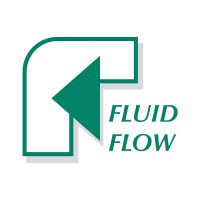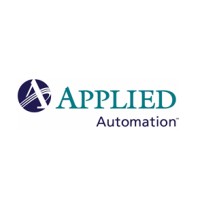
Fluid Flow Products
Since 1968, the most demanding industrial processing operations have relied on Fluid Flow for compressed air and process equipment solutions. Our mission statement, “Adding Value to Quality Products,” guides every aspect of our company. Our considerable experience in the challenges of food, beverage, chemical, life sciences, machinery, oil and gas, power generation and pulp and paper applications informs both our product selection and our service program. Our extensive product offering from leading manufacturers includes compressed air and gas, measurement and control, filtration and purification, heating and cooling, and pumping systems. Fluid Flow built its reputation as a leader in compressed air technologies by providing consultative application insights and state-of-the-art fluid management solutions. Our primary goal is to help plant managers and process engineers create efficiencies, improve safety and maximize profits. We pride ourselves on our exceptional after-sales support, having developed one of the strongest maintenance, repair and equipment rental programs in the industry. Fluid Flow is headquartered in Charlotte, NC, with 15 offices across the United States.






